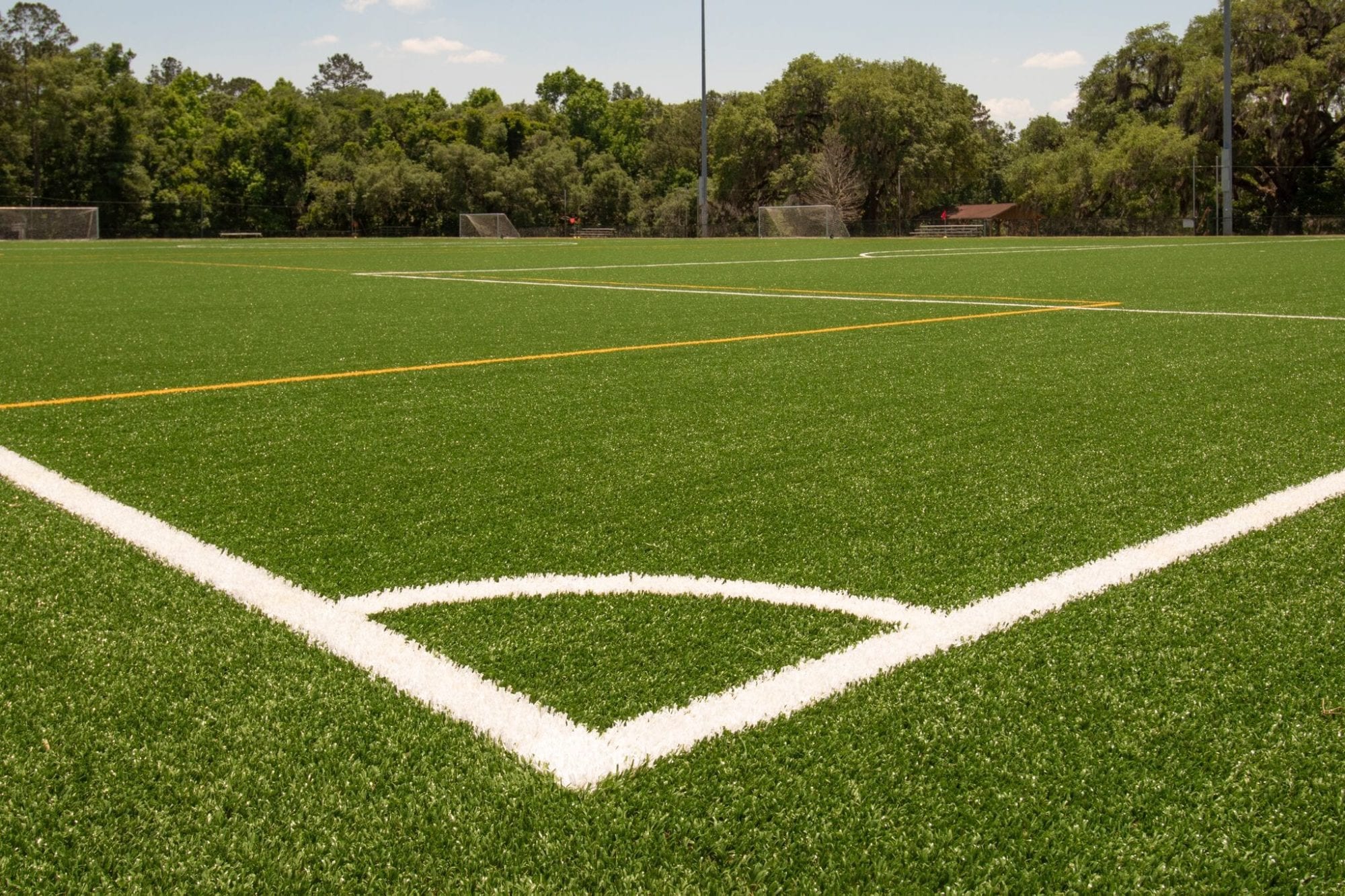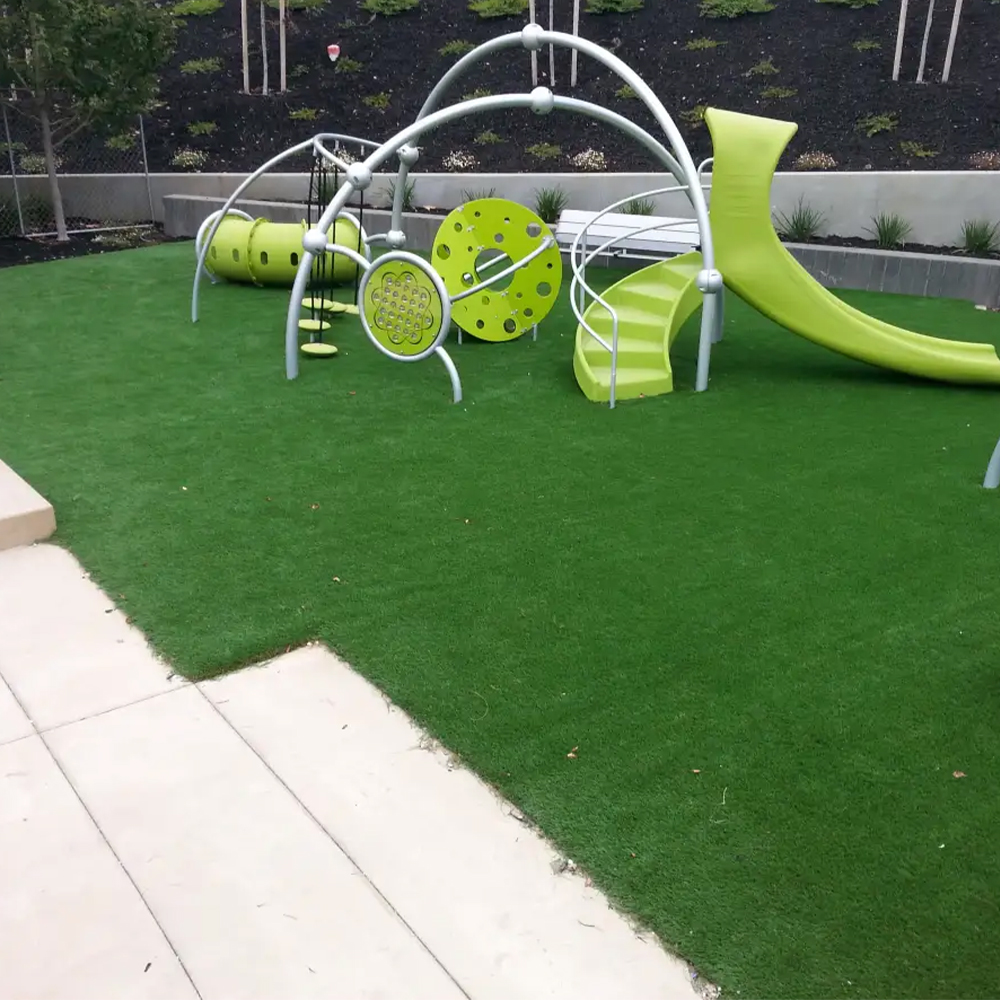Durable Arizona Artificial Turf for Residential and Commercial Applications
Durable Arizona Artificial Turf for Residential and Commercial Applications
Blog Article
Delve Into the Environmental Conveniences of Opting for Artificial Lawn Solutions
The adoption of synthetic lawn solutions presents a compelling possibility to address pressing ecological obstacles. By substantially minimizing water usage and reducing the application of harmful chemicals, these choices not just advertise lasting landscape design but also shield local communities.
Water Preservation Benefits
One of the most significant benefits of artificial lawn is its capability to preserve water. In contrast, fabricated grass does not need watering, substantially minimizing the total demand for water sources.
By eliminating the demand for routine watering, man-made grass adds to sustainable landscape methods and aids minimize the ecological influence of excessive water usage. The conservation of water extends to the reduction of drainage, which can lead to soil erosion and river contamination.
Furthermore, the installment of synthetic grass enables towns and house owners to allocate water sources more efficiently, concentrating on vital usages such as drinking water and farming. The shift in the direction of artificial turf not only promotes liable water use but additionally straightens with more comprehensive ecological goals focused on preserving natural sources.
As areas progressively prioritize sustainability, the water conservation benefits of synthetic grass present an engaging instance for its adoption in business and household landscape design jobs.
Minimized Chemical Use
The shift to synthetic grass dramatically lowers the dependence on chemical therapies commonly utilized in all-natural yard upkeep. Standard turf monitoring generally involves the application of chemicals, herbicides, and fertilizers to promote growth and control pests. These chemicals can position dangers to human health, neighborhood wildlife, and the environment, adding to soil and water contamination.
In comparison, fabricated grass eliminates the need for these hazardous substances. By minimizing the launch of artificial substances into the community, fabricated turf advertises much healthier soil and water systems.
In addition, the lack of chemical drainage linked with synthetic grass setups assists safeguard neighborhood waterways from contamination, supporting marine life and keeping biodiversity. Artificial turf companies phoenix. As communities progressively focus on sustainable practices, choosing fabricated grass provides a sensible remedy that lines up with ecological preservation goals. With this change, homeowner can take pleasure in lush environment-friendly areas without endangering environmental wellness, leading the way for an extra lasting future
Reduced Carbon Impact

In addition, the setup of synthetic grass can result in substantial water conservation. Natural lawns require significant quantities of water for irrigation, which not just contributes to the carbon footprint associated with water removal and treatment but also pressures regional water resources. In contrast, synthetic grass requires minimal maintenance, calling for no watering, thereby substantially reducing water use and its linked power expenses.
In addition, the durability of synthetic grass adds to its reduced carbon impact. With a life-span of up to 15 years or more, the requirement for frequent substitutes is lessened, causing much less waste and lower power intake in production and dealing with conventional yard alternatives. On the whole, fabricated turf offers a sustainable choice for ecologically conscious landscaping.
Habitat Conservation
Habitat conservation is an important factor to consider in the argument over landscape design selections, especially when comparing fabricated turf to all-natural lawn. Natural turf lawns frequently require comprehensive upkeep, including making use of herbicides, pesticides, and fertilizers, which can negatively impact local ecosystems. These chemicals can leach right into the soil and waterways, damaging native plants and fauna and disrupting local environments.
Man-made lawn gets rid of the demand for dangerous chemicals, consequently securing nearby wildlife and maintaining the stability of bordering communities. The installment of artificial turf can lead to the conversion of former lawn locations right into even more biodiverse landscapes, such as pollinator gardens or indigenous plant areas, which can sustain regional wild animals.
Inevitably, the change to man-made turf browse this site not only preserves water and decreases upkeep initiatives yet also cultivates an extra harmonious relationship in between human activities and the natural surroundings, advertising environment conservation while doing so.
Long-Term Sustainability
Long-lasting sustainability is a crucial factor in reviewing the advantages of synthetic grass over typical turf yards. Among one of the most substantial benefits of man-made grass is its resilience; it can last approximately 15-20 years with very little maintenance, whereas natural yard calls for constant reseeding and replacement. This longevity reduces the need for constant resources, such as water, plant foods, and chemicals, which are essential for maintaining a healthy and balanced turf yard.
Additionally, man-made grass contributes to a reduction in carbon emissions associated with yard treatment tools. Standard yards usually require gas-powered lawn mowers, leaners, and blowers, every one of which add to air contamination. Phoenix turf companies. In contrast, synthetic lawn removes the requirement for such equipment, promoting a cleaner environment
Additionally, the manufacturing of fabricated lawn progressively makes use of recycled materials, improving its sustainability account. As makers adopt green practices, the environmental impact of synthetic grass continues to lessen.

Final Thought
The adoption of fabricated Learn More turf services provides substantial ecological advantages, consisting of significant water preservation, lowered reliance on harmful chemicals, and a lower carbon impact. Moreover, artificial turf aids in preserving all-natural habitats by reducing land disturbance and advertising long-lasting sustainability through using long lasting products. Jointly, these aspects highlight the possibility of synthetic grass to add favorably to ecological health and offer a sensible choice to standard landscaping methods in an increasingly resource-conscious world.
In contrast, man-made turf does not require watering, considerably lowering the overall need for water sources. By minimizing the release of synthetic substances right into the community, man-made lawn promotes healthier dirt and water systems.
Furthermore, the installment of synthetic lawn can result in substantial water preservation. In comparison, check my blog synthetic lawn needs very little upkeep, calling for no watering, thereby significantly lowering water use and its associated energy expenses.

Report this page